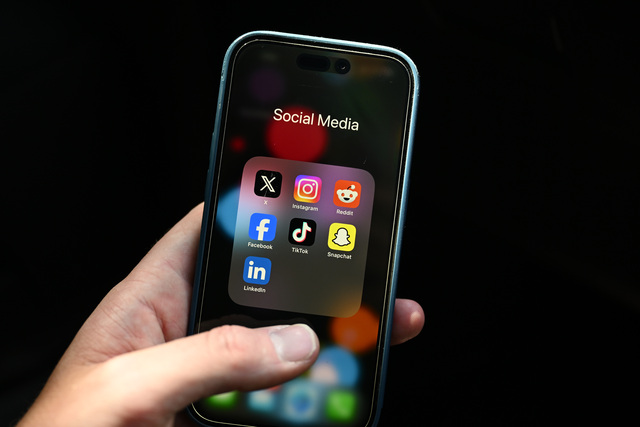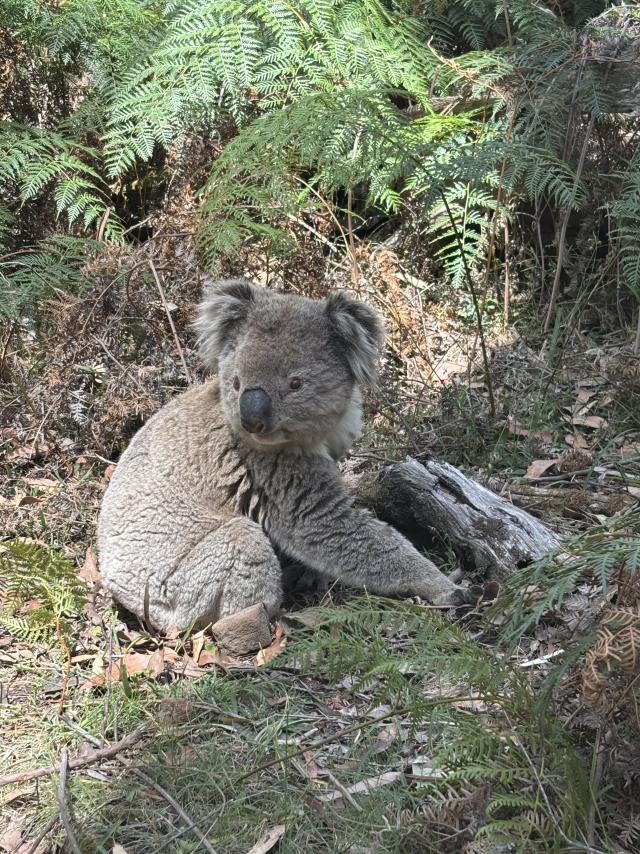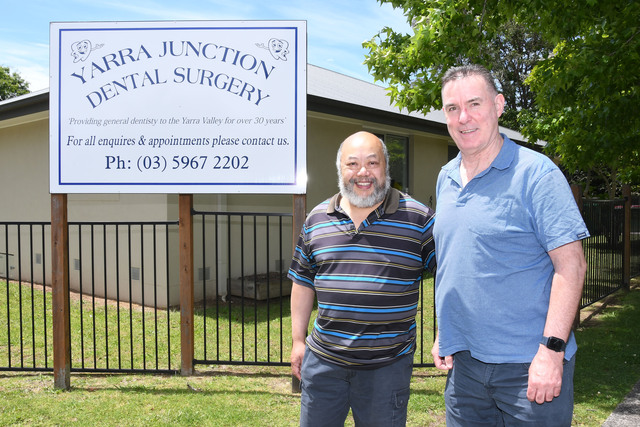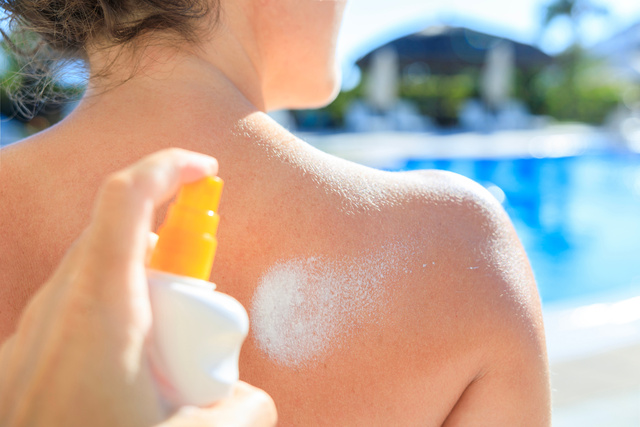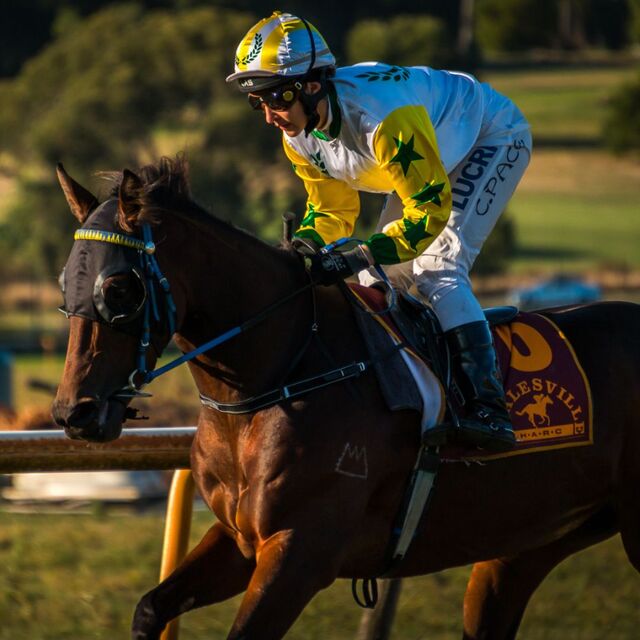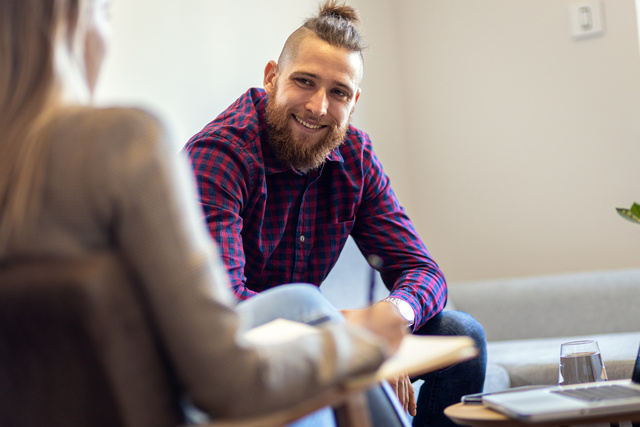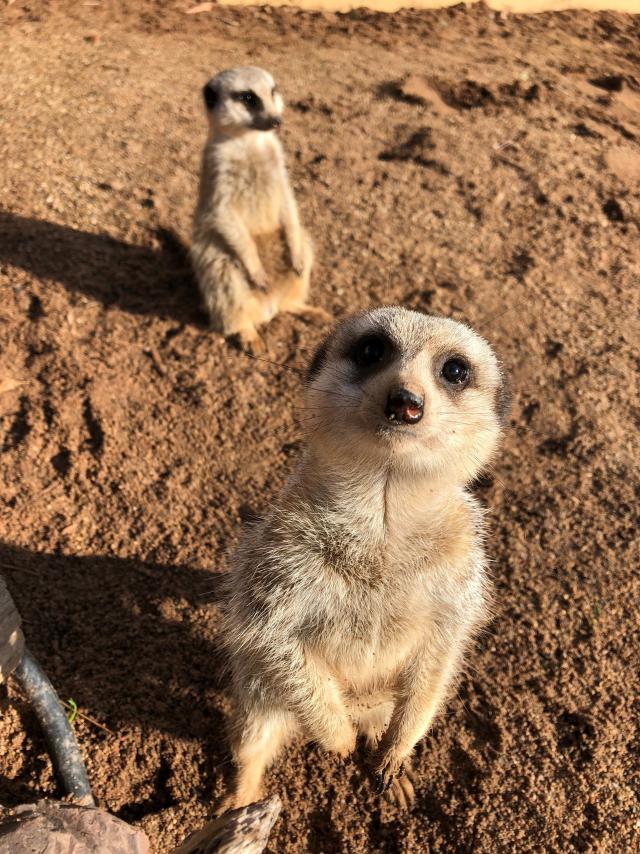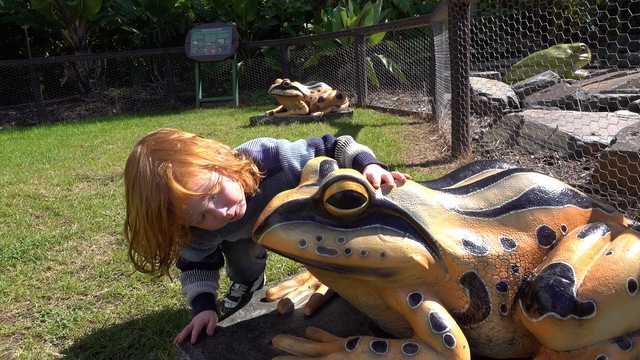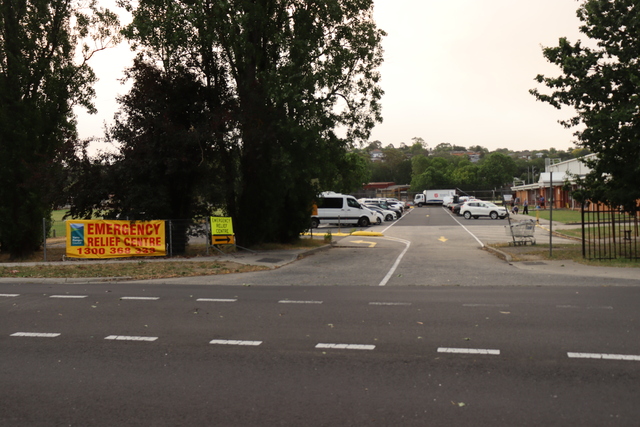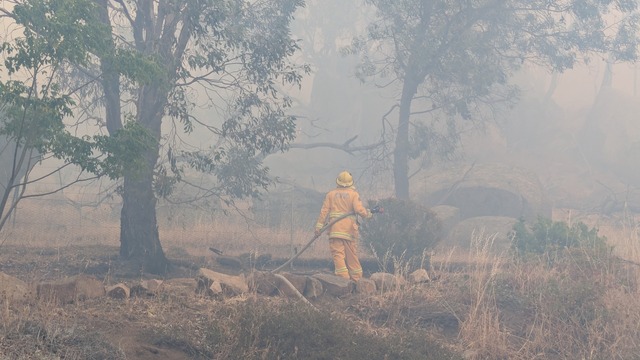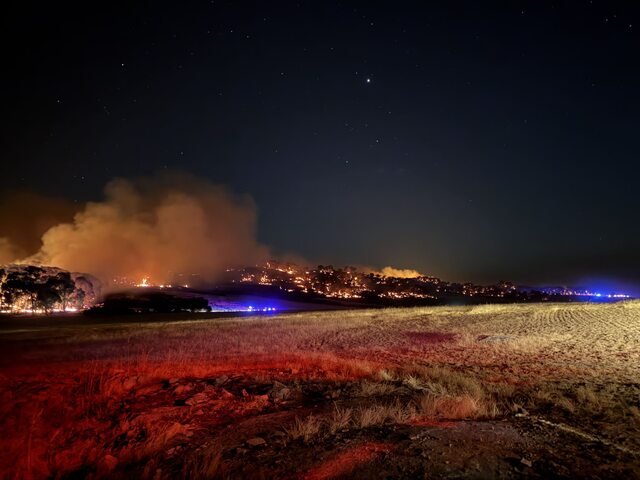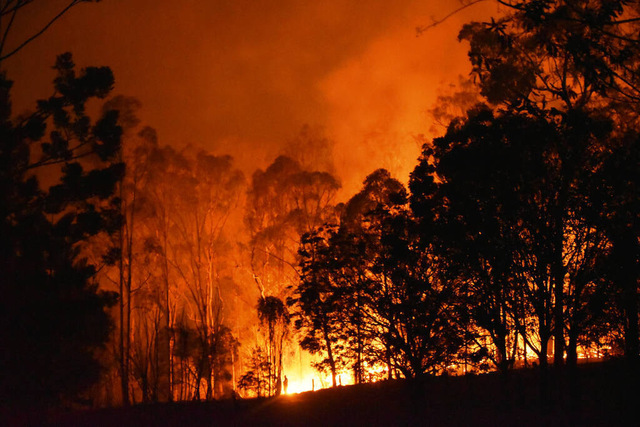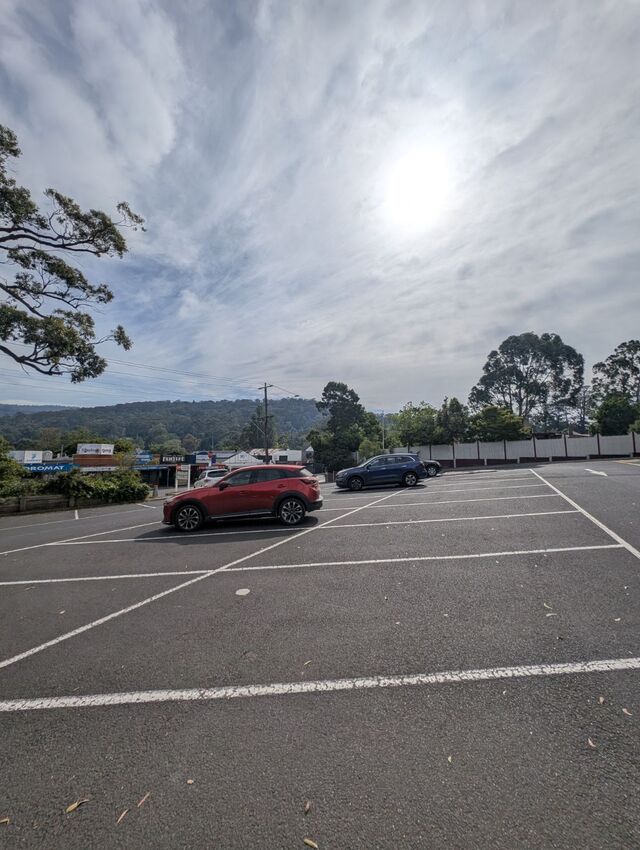A world-first ban on social media for people younger than 16 will lead to less harm and better outcomes for children, the prime minister says.
Federal parliament signed off on laws on Friday that will bar under-16s from being able to access social media, following late-night sitting of the Senate.
The laws, which will come into effect from late 2025, will capture platforms such as Facebook, Instagram, Snapchat, Reddit and X (formerly Twitter)
Exemptions will apply for health and education services including YouTube, Messenger Kids, WhatsApp, Kids Helpline and Google Classroom.
Prime Minister Anthony Albanese said social media companies would have a greater responsibility to keep children safe online.
“Parents can have a different discussion with their young ones, a different discussion that will result in better outcomes and less harm for young Australians,” he told reporters in Canberra on Friday 29 November.
“Platforms now have a social responsibility to ensure the safety of our kids is a priority for them.”
Social media sites will have to take reasonable steps to prevent under-16s from creating accounts, with $50 million fines to be imposed on companies for systemic breaches.
Mr Albanese said the 12-month gap between the laws being passed and coming into effect will ensure the changes will be effective.
“What we’ve done is world leading. We’ll work to make sure that it’s got right. But the legislation is very clear,” he said.
“We don’t argue that its implementation will be perfect. Just like the alcohol ban for under 18 , it doesn’t mean that someone under 18 never has access, but we know that it’s the right thing to do.”
Age-verification trials on how young people would be stopped from accessing social media are still ongoing.
Opposition Leader Peter Dutton said the ban would be a relief to parents.
“It’s something that most, most parents around the country would give a head nod to, because these big tech companies only see our kids as a profit-making venture,” he told Nine’s Today program.
“Hopefully we can keep young kids, young impressionable minds, off Snapchat and other social media platforms.”
Communications Minister Michelle Rowland has said social media users won’t be forced to hand over government-issued IDs including passports to verify their age.
But it’s unclear how age would be confirmed without identity verification, a parliamentary committee found.
Concerns have been raised by social media companies, individuals and human rights groups that the laws have been rushed through without proper scrutiny, with Australia the first country to implement such a ban.
The committee found while protecting children was a legitimate aim and the ban could be capable of that, it’s not clear if the measures would be a proportionate limit on their rights.
Human rights groups and mental health services are opposed to a total ban, warning that vulnerable children could be isolated from accessing support.
Improving safety would have been a better approach, they argued.
eSafety commissioner Julie Inman Grant has said while children need to be protected online, marginalised kids still need a way to connect with others.

